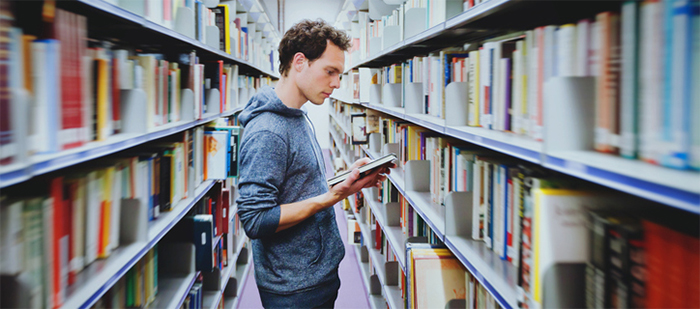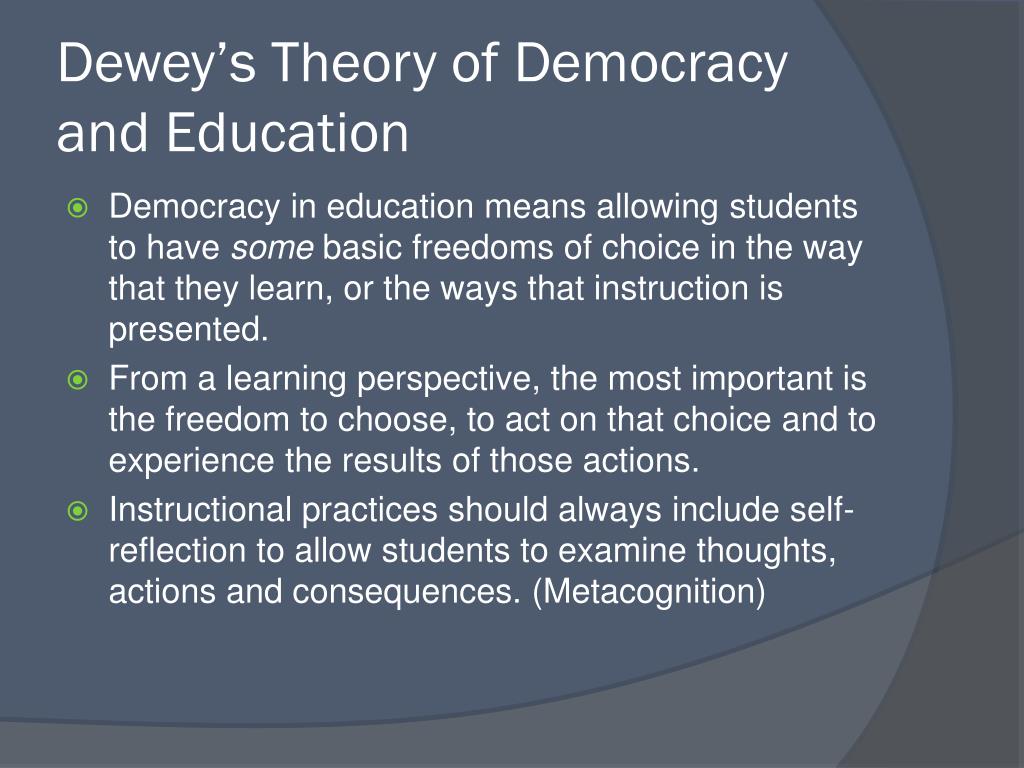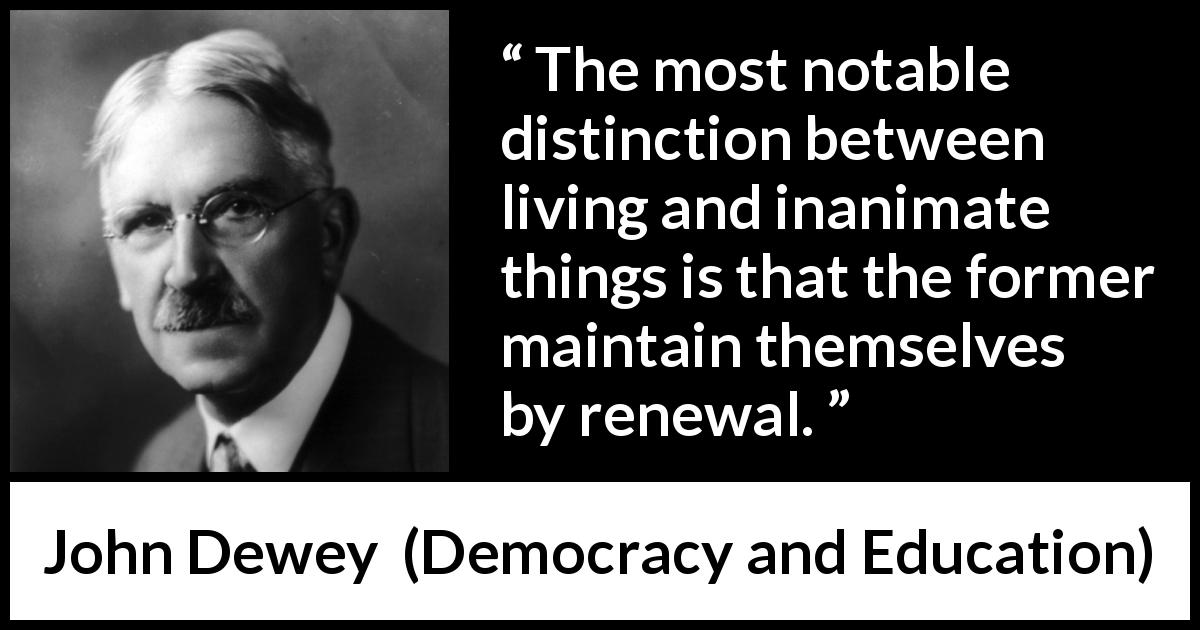

The six-year-olds build a farm of blocks and plant crops they process. However, the children are divided by age, where the youngest do what they know from their home. Girls participate in crafting equally to the boys, who have as many cooking classes as girls. In a Dewey school the stereotypical gender roles are discarded. Both involve and foster self-determination, self-development and participating in the common good, enlightened by intelligent understanding and scientific spirit. As he put it: “ Education is not preparation for life education is life itself.”Īccording to Dewey, democracy and education are two sides of the same coin. Education is a lifelong process on which our democracy is built.

According to Dewey teaching and learning, education and discipline are closely connected to community – the social life. However, Dewey’s pedagogical philosophy is not just about learning by doing. In Denmark, his way of thinking inspired the school system to such a degree that Denmark has been called Dewey’s second home country.įurthermore, Dewey was sought after in countries like China and Soviet where he was used as a pedagogical consultant. This idea has had a huge impact, especially among teachers in the USA. The latter becomes an important, consistent aspect of Democracy and Education because education is meant to prepare students for the real world by helping them develop critical thinking skills.One of Dewey’s ideas about teaching and learning is that practical problem solving and theoretical teaching should go hand in hand.

He compares the transmission of basic animal biology with that of society, in which education plays an important socializing role. Dewey argues: “The primary ineluctable facts of the birth and death of each one of the constituent members in a social group determine the necessity of education” (1). Herein lies the importance of education it is part of a “social continuity of life” (1). Humans do not simply exist but follow “customs, institutions, beliefs, victories, and defeats” (1). One obvious way in which this renewal occurs is reproduction. In contrast, a living thing “ the energies which act upon it into means of its own further existence” (1). For example, a rock is incapable of avoiding a blow like a living thing. He begins by suggesting that renewal is one key difference between inanimate objects and living beings. As a philosopher, Dewey approaches the question of education from afar.


 0 kommentar(er)
0 kommentar(er)
